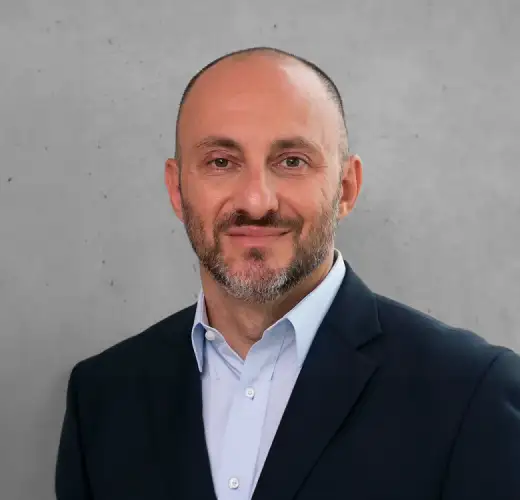Sounds like something out of a sci-fi movie, right?
Dr. Eric Leuthardt has spent a lot of time imagining the future and in all the possible future scenarios depicted in science fiction, “where were the neural prosthetics?”, he asks.
In addition to his duties as a neurosurgeon at Washington University in St. Louis, Leuthardt has published two novels and written an award-winning play aimed at “preparing society for the changes ahead.” In his first novel, a techno-thriller called RedDevil 4, 90 percent of human beings have elected to get computer hardware implanted directly into their brains. This allows a seamless connection between people and computers, and a wide array of sensory experiences without leaving home. Leuthardt believes that in the next several decades such implants will be like plastic surgery or tattoos, undertaken with hardly a second thought.
Leuthardt, for one, expects he will live to see it. “At the pace at which technology changes, it’s not inconceivable to think that in a 20-year time frame everything in a cell phone could be put into a grain of rice,” he says. “That could be put into your head in a minimally invasive way, and would be able to perform the computations necessary to be a really effective brain-computer interface.”
Read the entire article here on MIT Technology Review.

